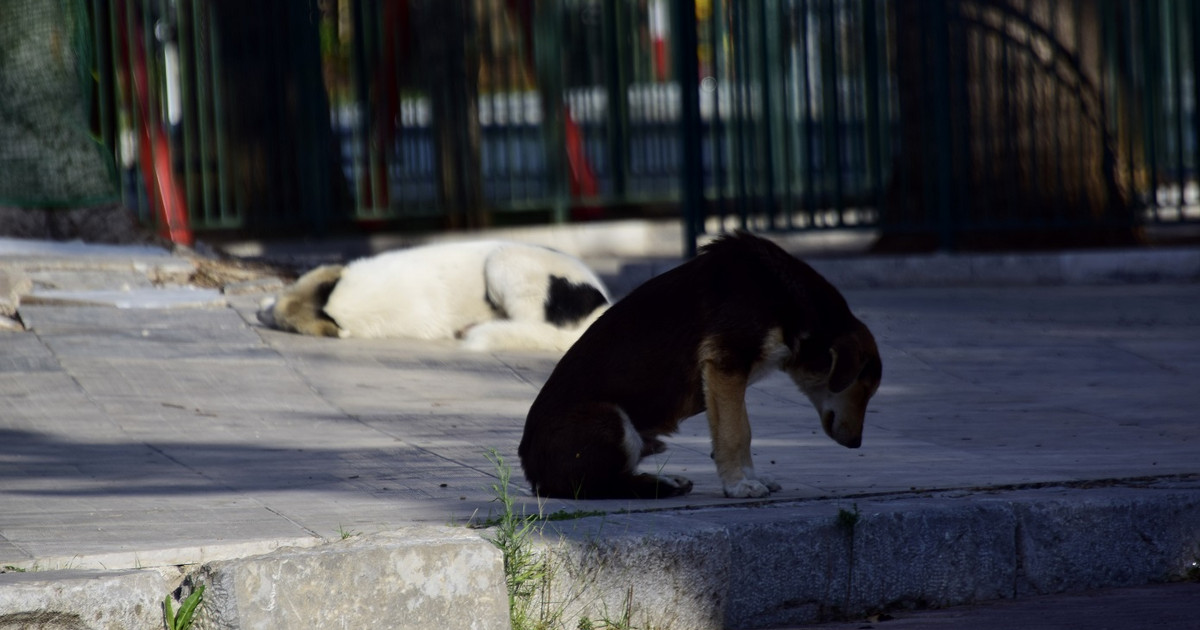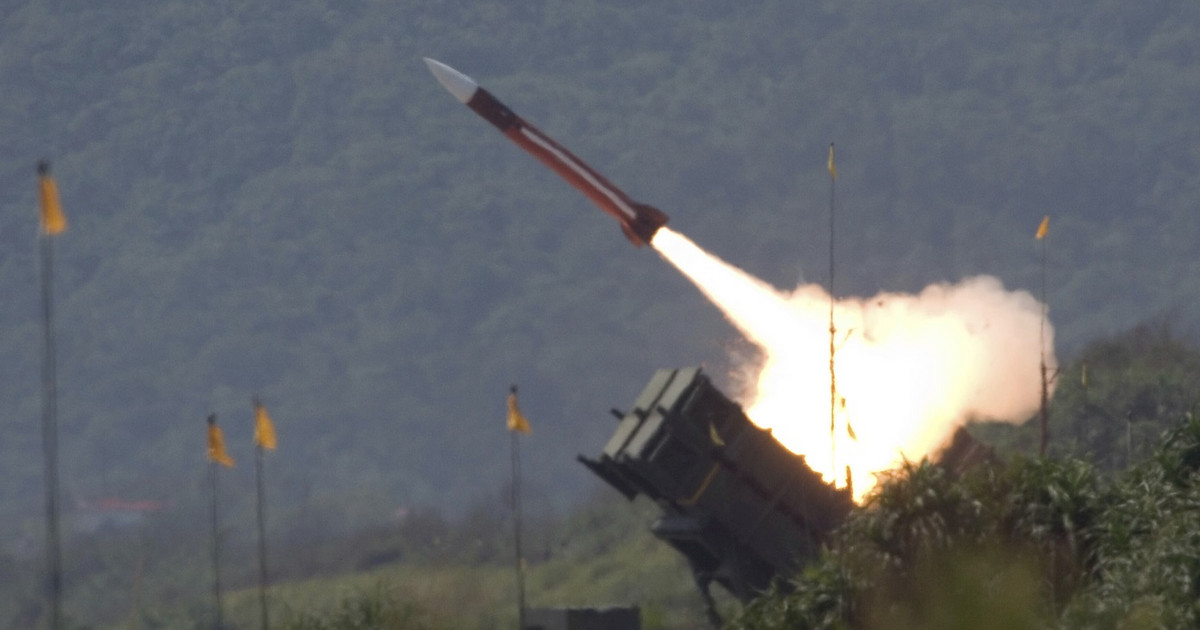The government is studying the creation of a program to facilitate the access of the population, especially the poorest, to the so-called distributed generation – modality in which the consumer generates his own electricity from renewable sources .
The main focus is on solar energy, with the installation of photovoltaic panels in homes. According to Estadão/Broadcast, Grupo Estado’s real-time news system, the proposal was presented by the transition group to the Minister of Mines and Energy, Alexandre Silveira, in a meeting this week.
In the document, the group explains that the program would aim to allow vulnerable populations to have access to low-cost renewable energy. The deadline for implementation is 100 days.
The idea would be to formulate a different model to allow access to each type of consumer. The program could involve, for example, lines of credit with lower interest rates for middle-class families and other sources of financing for more vulnerable communities. However, there is still no closed format.
“As a priority, the program should include schools and public health centers; low-income consumers, those served by Minha Casa, Minha Vida; slums and tenements; traditional populations; family farming; population affected by dams and settlements of agrarian reform programs”, says the text.
In recent years, the modality has grown exponentially in the country thanks to discounts on distribution and transmission costs granted to those who install the systems. The assessment, however, is that the high cost still makes it impossible for a large part of the population to have access to this type of generation. Depending on the region of the country and the size of the installation, the cost today to have the system can range from R$ 20,000 to more than R$ 30,000, according to specialists.
bill
Also on the radar of the transition group is a bill that extends, for six months, subsidies for new distributed generation projects, classified as a warning point in the report submitted to the Ministry of Mines and Energy.
The text was even approved by the House at the end of last year, but the group articulated to block the vote in the Senate. The report points out that the proposal risks impacting consumer tariffs by more than BRL 25 billion by 2045.
The proposal amends the new legal framework for distributed micro and mini-generation, sanctioned by former President Jair Bolsonaro last year. The law determines that consumers who filed until yesterday requests for access to the distribution network will still be entitled to maintain the subsidies, according to the current rule.
For those requesting after this period, the charge for the use of the transmission and distribution systems will be gradual. The National Electric Energy Agency (Aneel) estimates that the subsidy for own energy generation will cost R$ 5.4 billion this year.
The information is from the newspaper O Estado de S. Paulo.
Source: CNN Brasil
A journalist with over 7 years of experience in the news industry, currently working at World Stock Market as an author for the Entertainment section and also contributing to the Economics or finance section on a part-time basis. Has a passion for Entertainment and fashion topics, and has put in a lot of research and effort to provide accurate information to readers.






